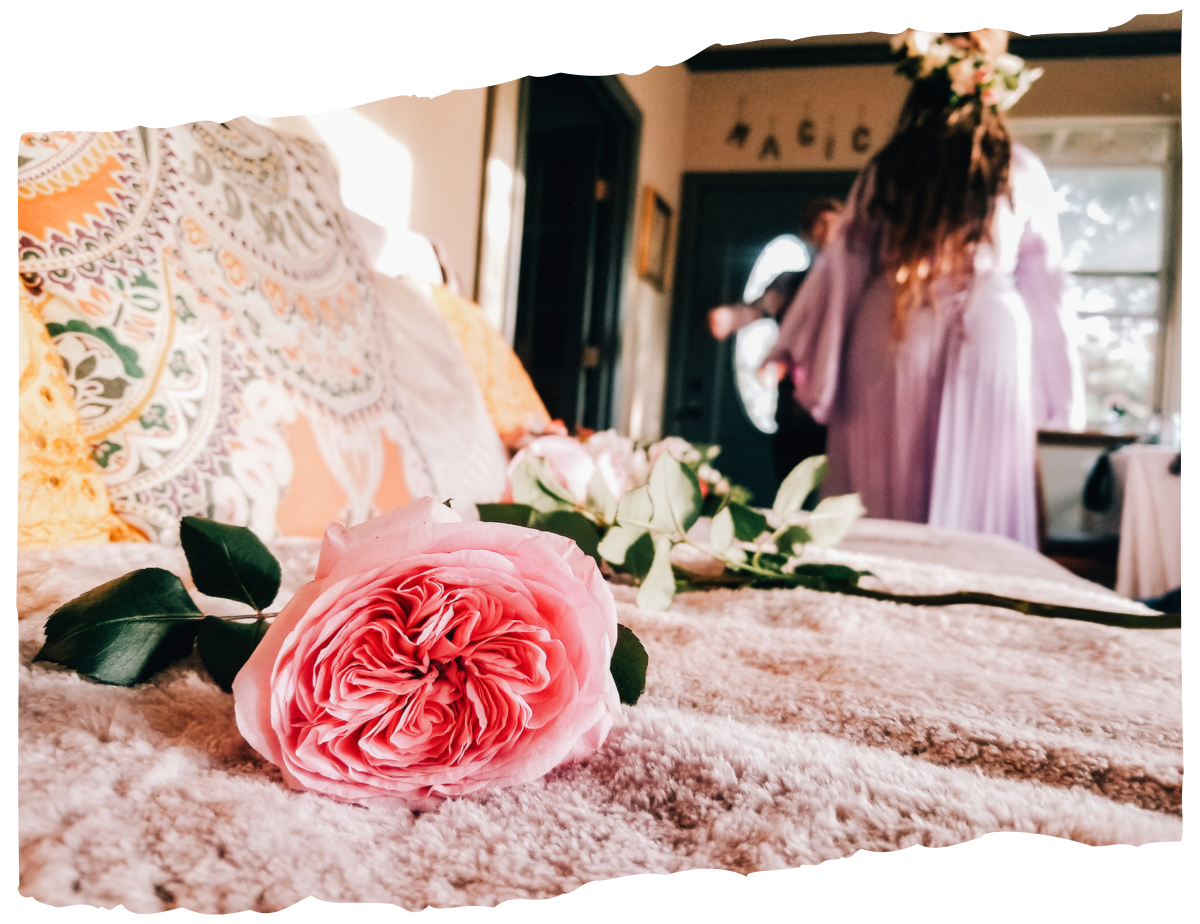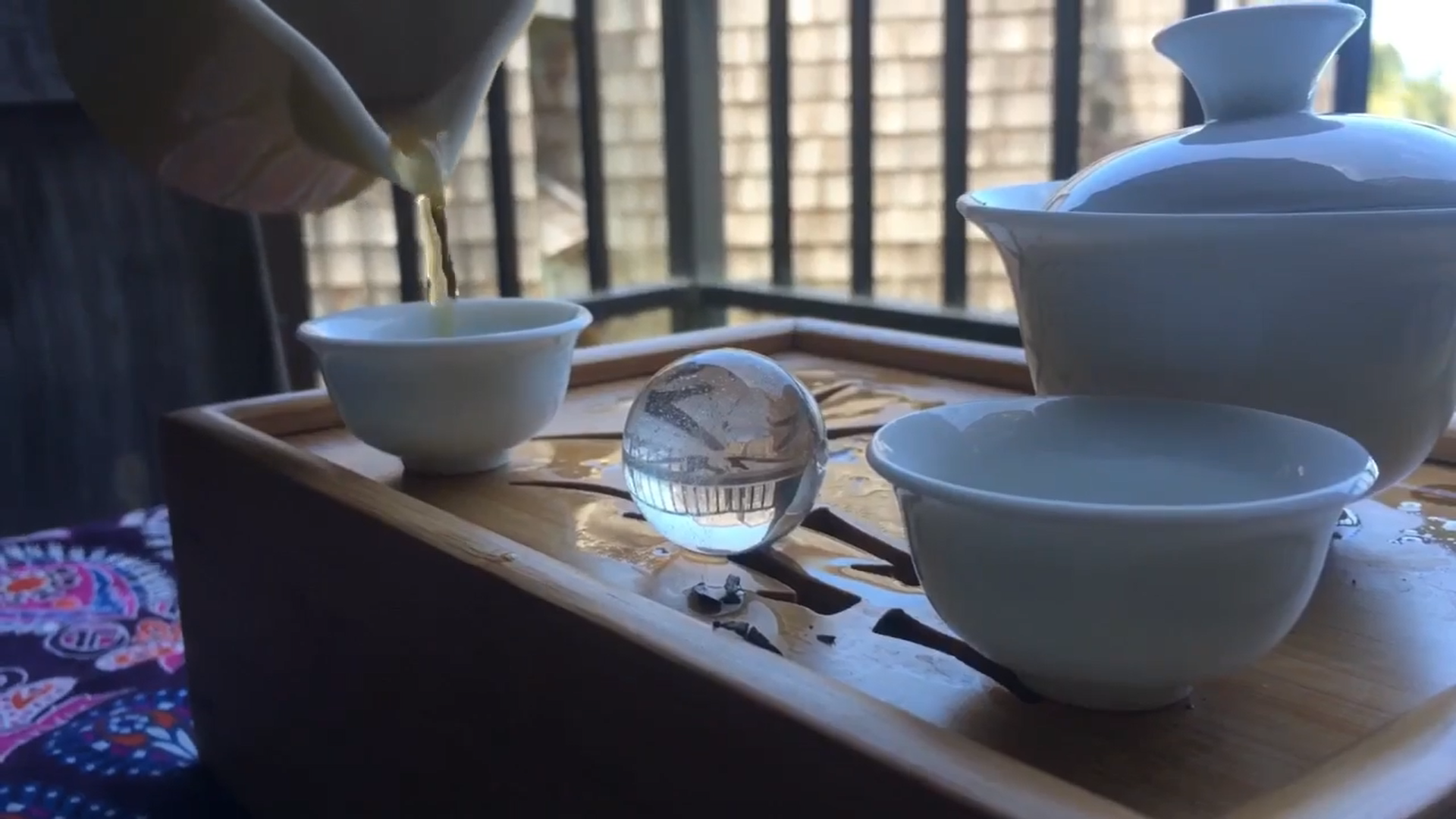Cha Qi: Subtle Energy & The Magic of Tea
Pouring Tea is Energy Work. When I talk about Energy Work, it's understood that I am not talking about the sort of quantifiable energy which powers everything from people to cars and can be measured in calories, joules, or kilowatt-hours. I am talking about subtle energy, which we perceive with our right brain long before we understand the cause of the feelings we get from it.
The Chinese call this subtle energy Qi, and it exists at some level in all things- including you, the water, the tea leaves, the teaware, crystals, flowers, and herbs. Understanding qi is fundamental to the understanding of Gong Fu Cha. Teas which are particularly sought-after are often prized for their qi rather than for their flavor. Teas from higher up on the mountain are often said to have better or stronger qi than teas grown at lower elevation. The qi of a dancong oolong will be stronger and more individual than the qi of a mixed factory oolong made from many varietals of tea sourced from many different farmers. As you drink farm-direct tea, close your eyes and notice how it makes you feel in your body and in your mind and in your soul. Do you feel it in your head? In your heart? In your chest? In your crown? All the way down to your toes?
Keep a journal with tasting notes and pouring notes for each tea you pour or drink. Write down how it smells, how it tastes, any images it brings to mind, or any feelings or memories. Write down how it makes you feel, how it likes to be poured, how it doesn't like to be poured, how it changes from cup to cup. Write down any lessons each tea teaches.
Yes, lessons. Notice when the tea is bitter--what were you thinking when you poured it? When you steeped it? What was just said? Were you patient, or did you rush? Were you focused or distracted? When the tea is sweet or particularly well-balanced, ask yourself these same questions.
You have your own qi, and it will go very far toward setting the mood of the space, so watch your mood and vibes. If you're not careful, your qi may overpower or conflict with the cha qi, or the qi of the tea.
As a tea server, you take on the responsibility of preserving as best you can the qi of the tea you are serving. You are serving the tea; that is, you are in service to the tea. You are also in service of the tea to the people. When you pour and share tea, you are serving the people who partake. I have tasted angry tea, and it was bitter and full of resentment. I have tasted loving tea, and that is sweet and nourishing. Be responsible with your qi. Focus and be patient, and don't make it about you. Let the tea shine--you are merely the vehicle of its medicine. Be glad to be of service, pour tea lovingly, and your tea will always have good qi, even if you do not have the gong fu to brew a perfect pot every time.




